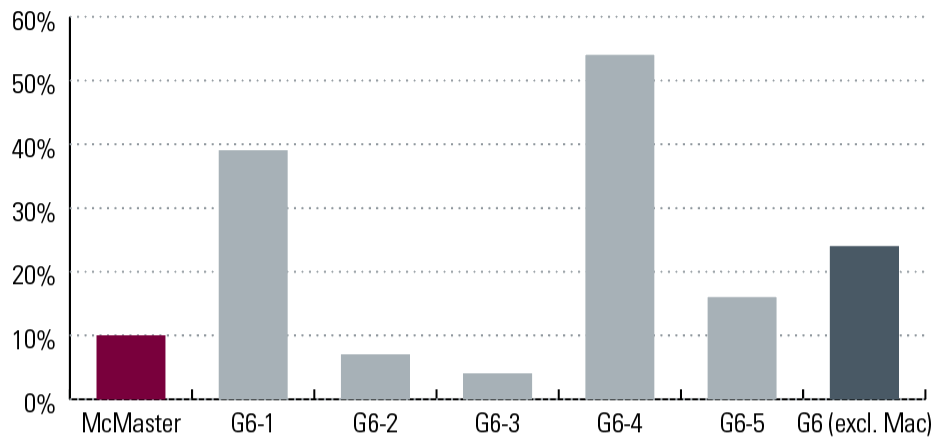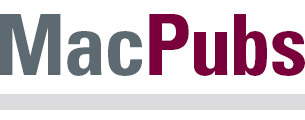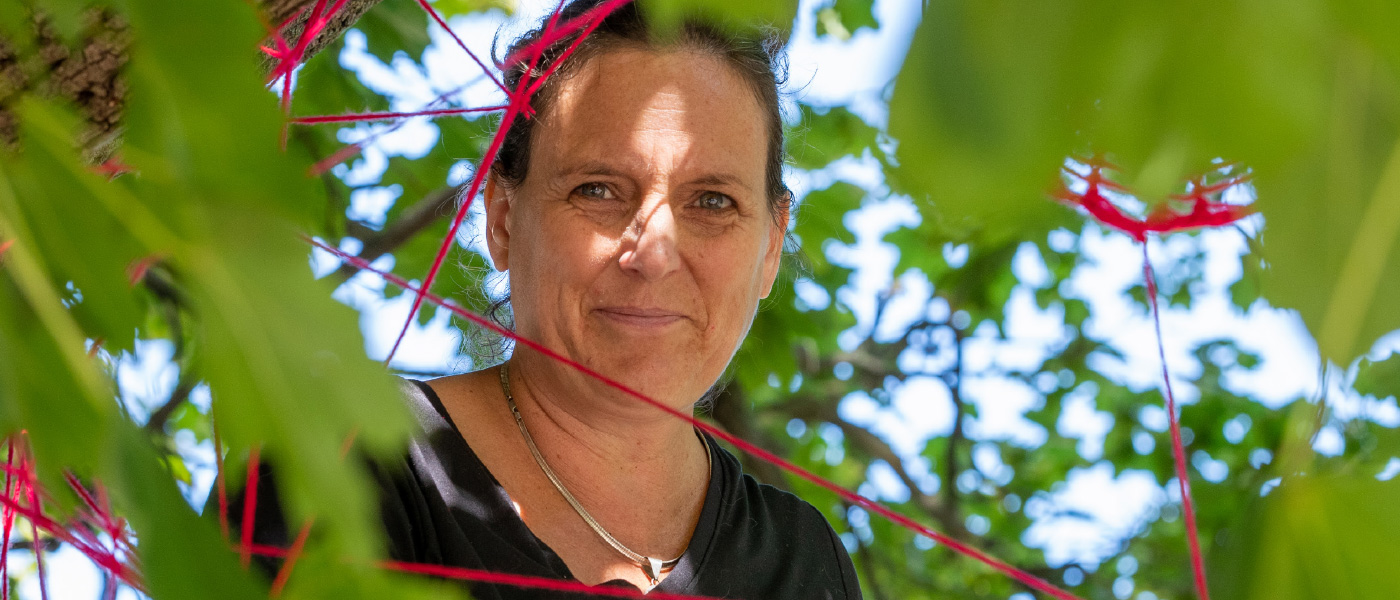Priority 4: Engaging Local, National, Indigenous and Global Communities

The Faculty of Health Sciences is expanding capacity for imaging disease in humans and laboratory models, by investing in the Centre for Integrated and Advanced Medical Imaging with Mohawk College, as well as developing a core for imaging small animals in the Central Animal Facility.
Principles of community engagement that serve as the foundation of community-campus partnerships and connections between the university and the communities around it
Information Box Group
Since the 2021-22 update, work on the Online Community-Based Hate Reporting platform has continued. The platform, known as WeSupport, is being developed in partnership with the Hamilton Anti-Racism Resource Centre, Hamilton Centre for Civic and the Office of Community Engagement’s Academic Director, Community Engaged Research and Relationships.
With the support of Research Impact Canada, the McMaster Office of Community Engagement is piloting the expansion of the Yaffle partnership platform. This platform has been designed to facilitate connection and collaboration between campus and community members.
The Faculty of Health Sciences is expanding MRI capacity for imaging disease in humans and laboratory models, by investing in the Centre for Integrated and Advanced Medical Imaging with Mohawk College, as well as developing a core for imaging small animals in the Central Animal Facility.
A World Health Organization Collaborating Centre in Primary Health Care Nursing and Health Human Resources renewal is underway within the School of Nursing. The School of Nursing is also expanding new undergraduate BScN bi-directional student exchanges with Lund University in Sweden and continues to build and strengthen partnerships with local clinical partners.
The Department of Pediatrics and the Department of Family Medicine established a new community-based general pediatrics clinic in the David Braley Health Sciences Centre. This clinic addresses a gap in community care, provides career opportunities for McMaster trainees, offers a landscape to research optimization of community-based healthcare delivery and establishes a novel learning environment for Pediatrics and Family Medicine residents.
The Faculty of Engineering successfully launched its Early Engineers program in Fall 2022. The first of its kind in Canada, the program was developed to support families of children (aged two to Grade 12) in exploring engineering concepts and building engineering mindsets to reduce gender bias and barriers. To date the program has reached 614 individuals. This program is foundational to the work the Faculty does in Community Outreach and complements the Black youth programming, all-girl programming, 2SLGBTQAI+ programming and other socio-economical barrier-free program offerings. Last year the Community Outreach program reached over 22,000 youth across Canada and has reached over half a million youth since inception.
Community engaged and globally connected educational offerings that develop our students as engaged and thoughtful global citizens
Information Box Group
Two McMaster courses highlight community-engaged academic programming to develop our students as engaged and thoughtful global citizens:
- The CityLAB Semester in Residence is a project-based experiential class in which undergraduate students work in interdisciplinary teams and with Hamilton community members. The 2022-23 cohort worked on projects focused on the theme of housing, and had the opportunity to present alongside City staff to the Emergency & Community Services Committee at City Hall.
- The Art of Change is a community engagement course equipping students to support and lead change-based initiatives. In 2023, the course included community partnerships with Acorn Hamilton, Hamilton Trans-Health Coalition, Bay Area Restoration Council, Environment Hamilton, Hamilton Community Benefits Network, and the City of Hamilton. Students planned and hosted a community dialogue addressing issues relevant to partner organizations.

This year, 4,529 students received a job opportunity through the Office of the Registrar’s Work Program.
Students in the Global Health Program worked with global health organizations in 11 countries, spanning five continents to complete their practicums, including the Pan-American Health Organization, Médecins sans Frontières, and World Vision. Global health students also continue to engage with local community organizations.
The McMaster Health Forum continues to lead the Global Skills Opportunity for Developing Future Leaders in Strengthening Health and Social Systems, as well as the Queen Elizabeth Scholarships in Strengthening Health and Social Systems, working closely with 12 international organizations in nine countries to place outgoing and inbound students in positions where they can contribute and further develop their skills in policy, political and systems analysis, evidence synthesis and stakeholder engagement.
The Office of the Registrar worked closely with campus partners to enhance the convocation experience by hiring local Indigenous musicians, strengthening the Land Acknowledgement, adding a Thanksgiving Address by the Chancellor and promoting and supporting the inclusion of culturally specific apparel during the celebration.
The Office of the Registrar supported nine students through the WUSC Undergraduate Refugee Sponsorship Program, the Aid and Awards Office administered
$58,292.79
to support the cost of tuition, residence, meal plans,
books, supplies, as well as an additional $45,189 in work program funding.
Indigenous education and research strategy that recognizes the unique position of Indigenous peoples within our community and society
Information Box Group
The Indigenous Education Council recruited two new full-time staff members including an administrator of Indigenous initiatives and a communications officer to support the growth and coordination of Indigenous education initiatives at McMaster.
In January 2023, the McMaster Indigenous Research Institute’s Prison Education Project launched its first Walls to Bridges course, “Indigenous Studies 2IR3: Indigenous Resurgence.” The Walls to Bridges initiative introduces university courses into prisons where university students and incarcerated individuals study as peers,?earning the same university credit.?The tuition for incarcerated students is sponsored by the hosting university.
Members of the Indigenous Studies Department participated in the 2023 United Nations Water Conference side table event, “Kayanní:yo ‘a good path’ – Working with Indigenous ecological knowledge to advance resiliency.”
Learn More
The Health Sciences Library co-developed new initiatives in partnership with Indigenous communities, on and off campus:
Learn More
The Physics and Astronomy department in the Faculty of Science has developed several initiatives related to Indigenous Astronomy including:
Since launching in 2021, several graduate students have been awarded the DeGroote School of Business Graduate Award for Indigenous Learners, which covers the full cost of tuition and provides up to $15,000 per year for additional expenses.
Engagement with the global community guided by principles of integrity, reciprocity, sustainability and transformation through course offerings, exchanges, collaborations and interactions
Information Box Group
The Co-Design Hub, an interdisciplinary initiative dedicated to exploring equity-based approaches to co-creation, co-design and co-production, held a series of events that engaged 618 participants locally and internationally, a 53 per cent increase over the previous year. These included six online events featuring speakers from Sweden, Norway, Italy, and the UK who spoke about inclusive design, understanding equity-based co-production, design thinking, power and relationships in co-design, evaluation of co-design, and creativity in co-production.
The Department of Psychiatry & Behavioural Neurosciences has been working closely with colleagues in Uganda, Ghana, and Somaliland to provide support in developing training programs for psychiatry residents.
The Department of Linguistics and Languages is supporting the work of a linguist and scholar who has been displaced by the war in Ukraine and speaks an endangered Turkic language. This research aims to develop a successful language policy aimed at the revitalization of Crimean Tatar.
The Health Sciences Library established the COVID Stories project to document and create a historical record of the experiences of healthcare providers during the pandemic.
Over the past year, the McMaster Family Health Team provided primary care and obstetrical care to Ukrainian refugees and collaborated with primary care partners to set up and run an
intake clinic.
Learn More
The McMaster Health Forum continues to serve as the secretariat for two significant global initiatives:
This year, 4,529 students received a job opportunity through the Office of the Registrar’s Work Program.
The Office of the Registrar supported nine students through the WUSC Undergraduate Refugee Sponsorship Program. This year, the Aid and Awards Office administered $58,292.79 to support the cost of tuition, residence, meal plans, books, supplies, as well as an additional $45,189 in work program funding.
The Department of Political Science established a certified international experience with three partner institutions in the United Kingdom for students pursuing an Honours Political Science Specialization in Public Law and Judicial Studies or Global Citizenship. The exchange offers Canadian undergraduate students an opportunity to immerse themselves in a different academic approach and become exposed to a broader curriculum than those offered at Canadian institutions.
Community/Local Impact of Student Enrolment – 2020/21

Note 1: Data sourced from University Statistical Enrolment Report (USER) and Census Data (Statistics Canada), reporting period is fall term enrolment.
Note 2: Institutional enrolment share in the population of the city in which the institution is located.


